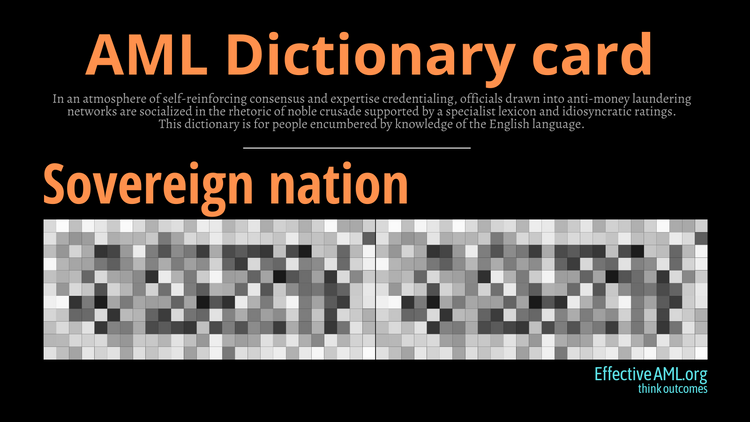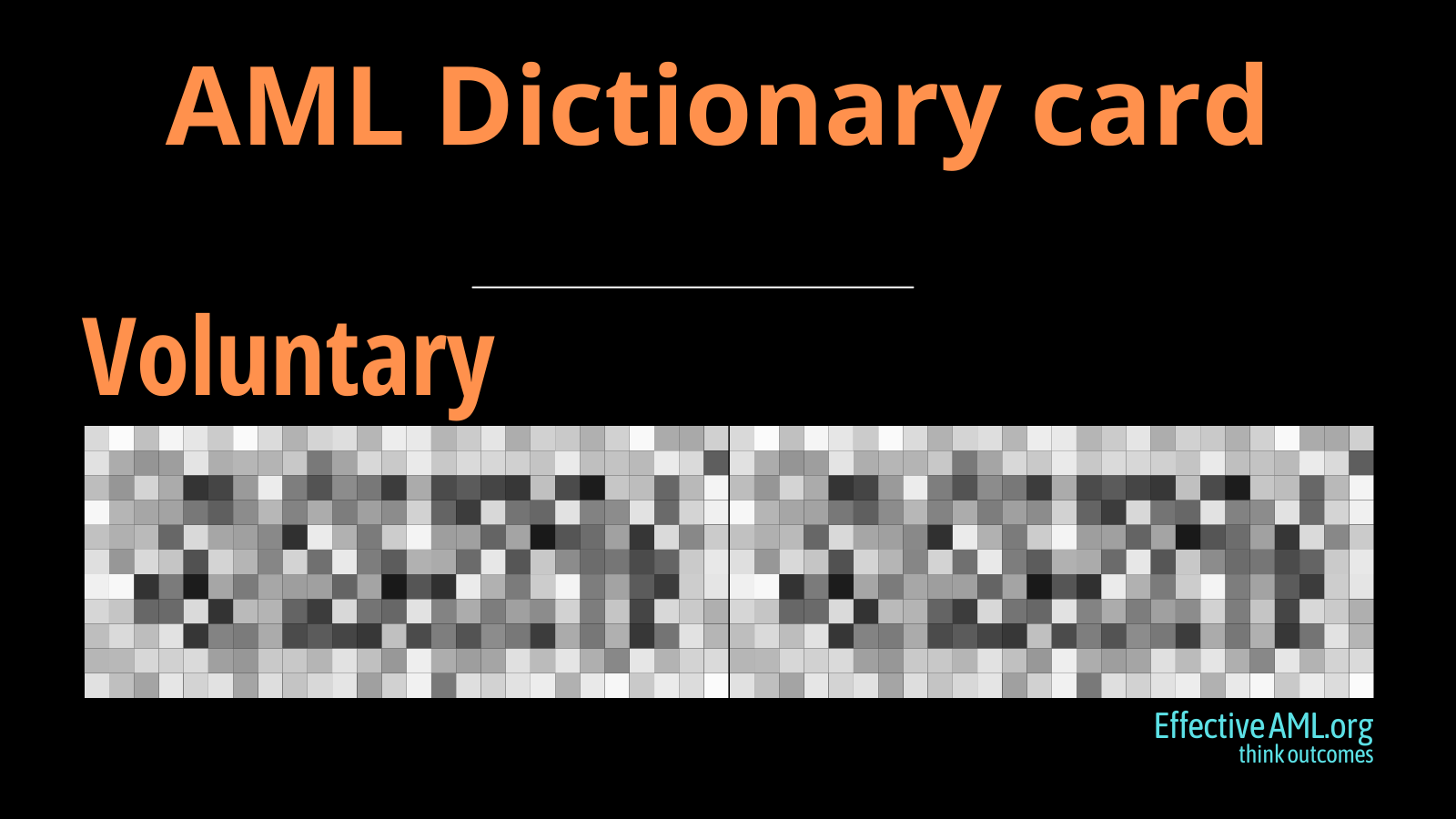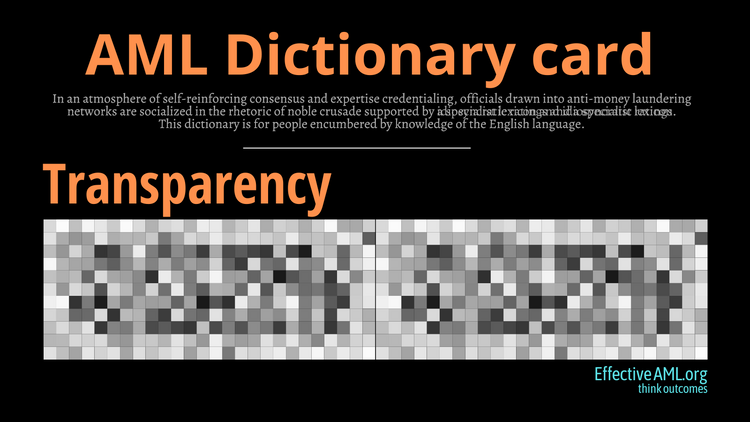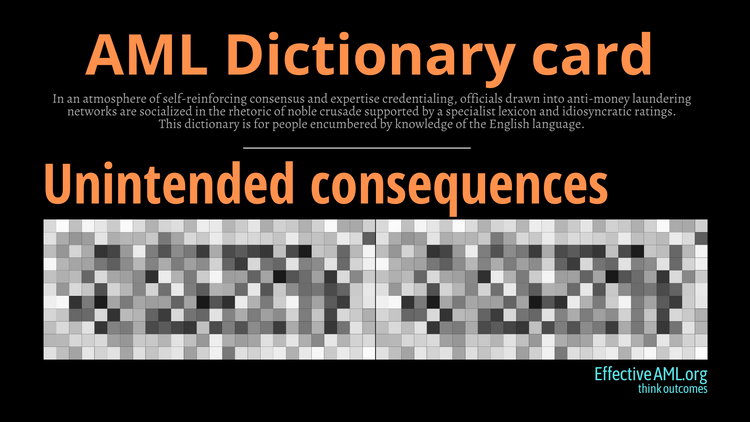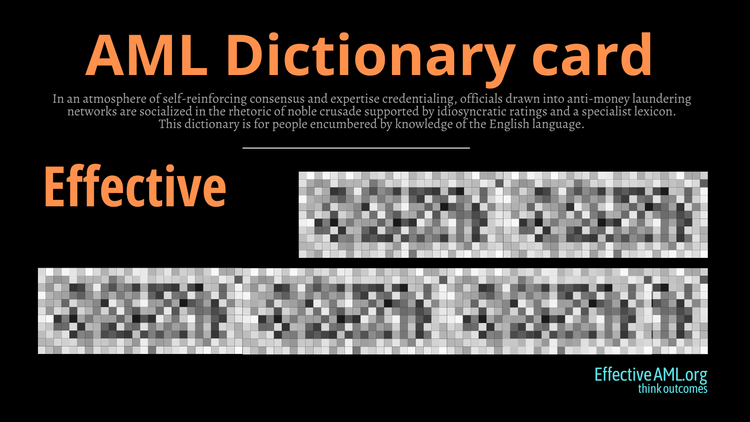NZ’s “zero-crime” anti-money laundering strategy: “100% effective”
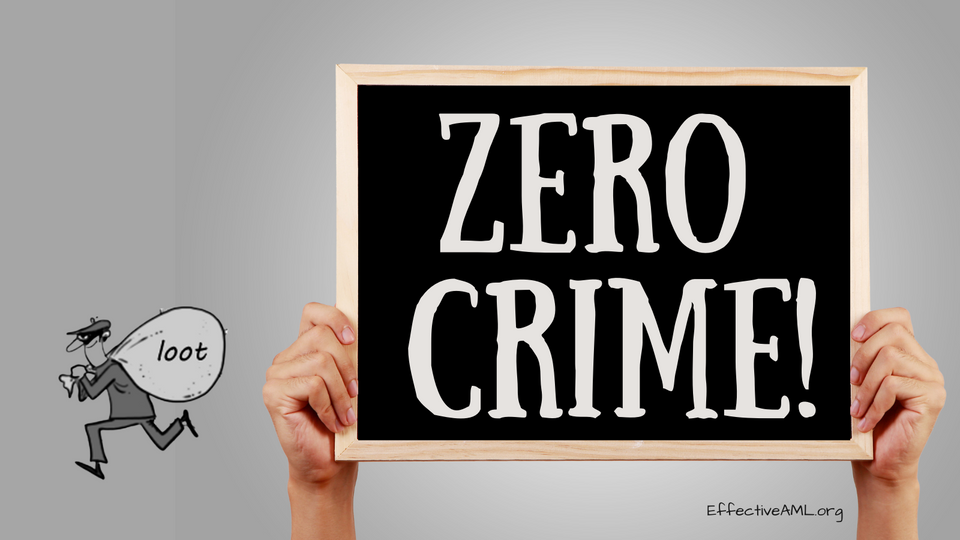
AUCKLAND, NEW ZEALAND – James Greig, director of supervision at the Financial Markets Authority, one of New Zealand’s three anti-money laundering regulators, rejected reports Monday that recent prosecutions add weight to United Nations and scientists’ concerns that harm and costs fall mostly on ordinary citizens, with the “real target” of AML laws seemingly legitimate businesses rather than criminal enterprises. “Scientists’ complaints that compliance with rules based on international standards has not been shown to have any substantial impact on money laundering, crime, or terrorism completely miss the point,” Greig exclaimed. “Some regulators still penalize banks actually involved with money laundering, but that’s cumbersome, complex, and circuitous. Our approach takes a more direct path.” Recent cases illustrate how the strategy works. A systems glitch delayed Westpac, a bank, from reporting a tiny proportion of overseas payments above $1000 by major corporates. In another case, against Sharesies, a stockbroker, when people opened accounts in the name of a trust the system didn’t always make them tick a box labelled “trust”, triggering more boxes to tick. (Criminals know not to mention trusts or tick the “trust” box, so the breach only affected ordinary folks’ accounts). “There was no suggestion that either firm allowed or enabled money laundering or terrorism financing,” says Greig. “In fact, there’s almost no chance that any money laundering or other crime was involved. That’s what makes the zero-crime strategy 100 percent effective,” he said. “We are tasked with punishing firms for breaching rules assumed to have such an impact. That means that anti-crime impact is built into the design. So, when we penalize businesses, we know that New Zealand is pulling its weight in the fight against money laundering. It’s like shooting fish in a barrel”, Grieg concluded. Justice Minister Kris Faafoi confirmed that New Zealand is “absolutely committed to following any rules that international bodies tell us will protect the integrity of our financial system. They say that these laws are designed to thwart criminals. That’s all the proof we need, so it’s vital that financial services firms ensure they are compliant.” At press time, the Compliance Officers’ Collective expressed “unwavering support” for regulators’ efforts and welcomed the further expansion of compliance departments and exponential growth in compliance costs and penalties needed to achieve ambitious goals. “Together, we must redouble efforts not to find crime, better and faster”, a spokesperson said.

